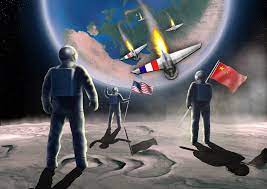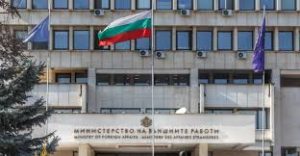What’s the EU’s role in the space race?

Brussels: In a world where technology touches every aspect of our lives, space has become more than just a distant frontier; it is an integral part of our everyday existence. Space applications form pillars of our societal infrastructure, quietly sustaining vital functions.
Every call made, every financial transaction completed, every webpage loaded relies on satellites in the Earth’s orbit. Satellites serve as the backbone of global communication. As well as offering GPS guidance for transport and travel, they grant us unparalleled views of our planet, providing essential data for accurate weather forecasts, disaster management, and monitoring climate change. And they tell us not only about our own planet but others as well, expanding our understanding of the universe and fostering innovation back on Earth.
Around 7,000 satellites circle around us, making all this possible. The European Union stands out with its big flagship constellations that are world-leading. However, there are many areas where Europe is lagging behind. The gap is widening and Europe risks losing further ground to former peers, who are accelerating the use of space in their countries. The current European launcher crisis is a case in point, and provides a poignant illustration of the inherent risk of losing hardcore capabilities.
With the retirement of Ariane 5 and delays with Ariane 6, Europe is unable to independently launch heavy missions into space. The situation presents a concerning bottleneck. Limited competition and high costs hinder accessibility to space, stifling innovation and scientific progress.





